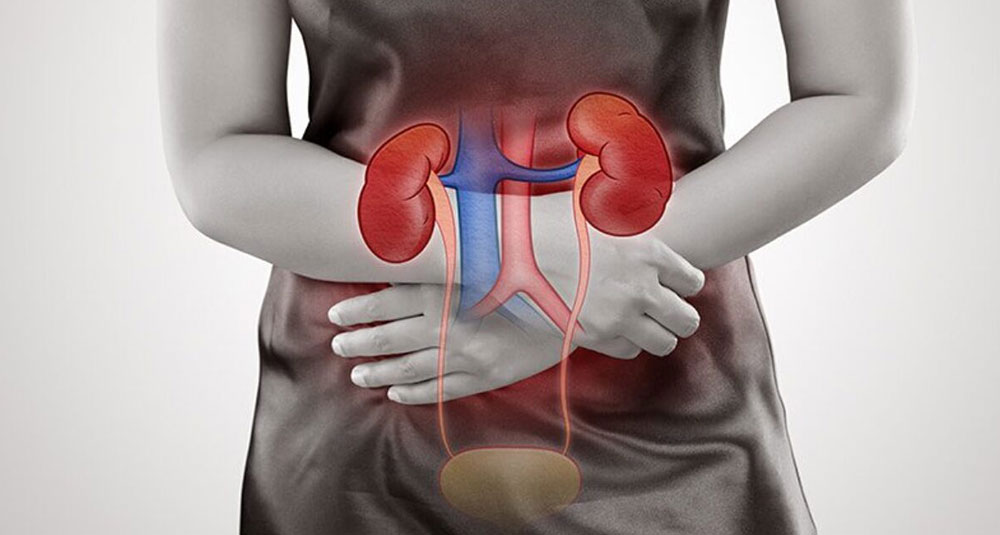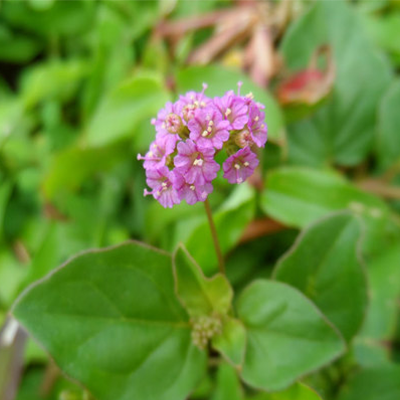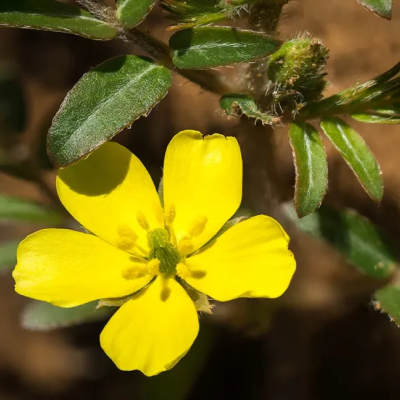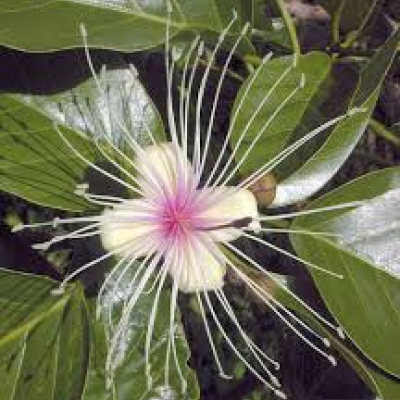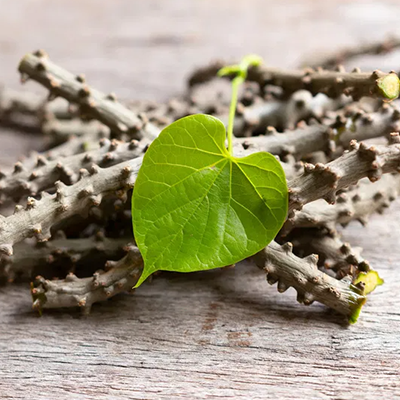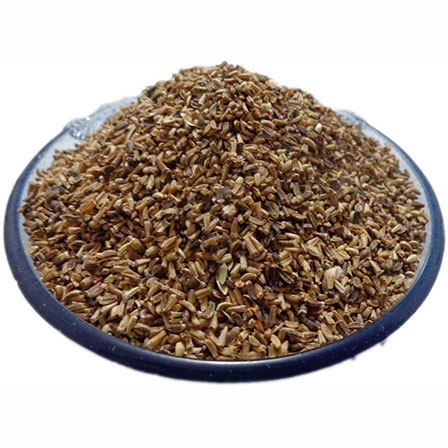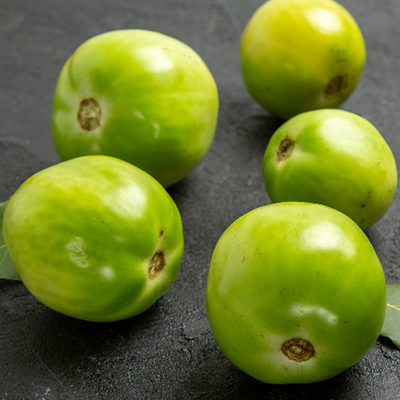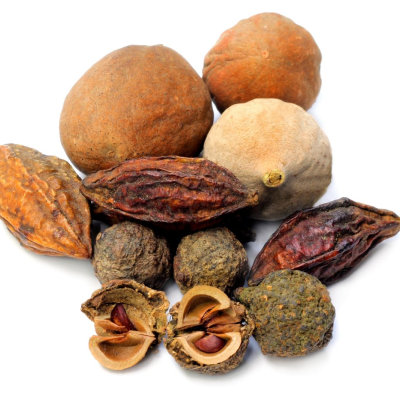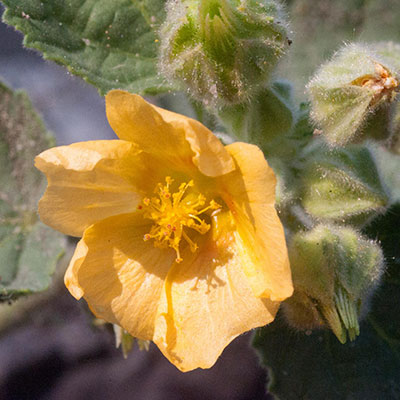Kidney failure, also known as renal failure, occurs when the kidneys lose their ability to effectively filter blood, remove waste products, and maintain electrolyte and fluid balance. It can be acute or chronic and leads to systemic health complications.
Types of Kidney Failure
1. Acute Kidney Injury (AKI):
- A sudden loss of kidney function, often reversible.
- Causes: Severe dehydration, infections, trauma, or toxin exposure.
2. Chronic Kidney Disease (CKD):
- Progressive and irreversible loss of kidney function.
- Causes: Diabetes, hypertension, chronic infections, or genetic conditions.
3. End-Stage Renal Disease (ESRD):
- Complete kidney failure requiring dialysis or transplantation.
Causes of Kidney Failure:
Pre-Renal Causes (Reduced Blood Flow):
- Severe dehydration, low blood pressure, or heart failure.
Intra-Renal Causes (Kidney Damage):
- Infections, autoimmune diseases, toxins, or medications.
Post-Renal Causes (Obstructions):
- Kidney stones, tumours, or urinary tract blockages.
Symptoms of Kidney Failure
- Reduced urine output or complete cessation of urination.
- Swelling in the legs, ankles, and face due to fluid retention.
- Persistent fatigue, weakness, and difficulty concentrating.
- Nausea, vomiting, and loss of appetite.
- Severe itching (pruritus) and dry skin.
- High blood pressure and shortness of breath.
Complications of Kidney Failure
- Electrolyte imbalances (e.g., hyperkalaemia).
- Anaemia due to reduced erythropoietin production.
- Bone disorders and fractures (due to impaired calcium-phosphorus metabolism).
- Cardiovascular diseases like heart failure.
Ayurvedic Perspective on Kidney Failure
In Ayurveda, kidney failure is primarily linked to imbalances in the Mutravaha Srotas (urinary system channels) and dysfunction of the kidneys, often due to:
1. Dosha Imbalances:
- Aggravated Vata dosha leads to atrophy or degeneration of kidney tissues.
- Aggravated Pitta dosha causes inflammation and infections.
- Aggravated Kapha dosha leads to blockages and fluid retention.
2. Ama (Toxins):
- Poor digestion (Mandagni) leads to the accumulation of Ama, which obstructs urinary pathways and impairs kidney function.
3. Prameha and Kapha Disorders:
- Conditions like diabetes (Madhumeha) are a primary cause of kidney damage.
4. Dhatu Kshaya (Tissue Depletion):
- Chronic inflammation and dosha imbalances result in the depletion of vital tissues (Ojas).
Symptoms in Ayurvedic Terms
- Mutra-alpa: Reduced urination.
- Mutraghata: Obstruction or cessation of urine flow.
- Shotha: Swelling due to fluid accumulation.
- Kshaya: Weakness and emaciation.
- Daha: Burning sensations during urination (if Pitta is aggravated).
Ayurvedic Pathology
Vata Imbalance:
- Causes dryness and degeneration of kidney tissues.
Kapha Obstruction:
- Creates blockages in the Srotas (channels), leading to stagnation and reduced filtration.
Ama Accumulation:
- Toxins impair kidney function and worsen metabolic processes.
Rakta Dushti (Blood Contamination):
- Leads to the impaired purification process of kidneys.
Ayurvedic Management of Kidney Failure
Ayurveda approaches kidney failure holistically by addressing the root cause, improving kidney function, and restoring dosha balance.
Panchakarma (Detoxification Therapies)
Cleansing therapies remove toxins (Ama) and rejuvenate the urinary system:
Virechana (Purgation):
- Helps in reducing Pitta and clearing systemic inflammation.
Basti (Medicated Enema):
- Specially designed oil-based (Anuvasana) or herbal decoction-based (Niruha) enemas to balance Vata and enhance kidney function.
Raktamokshana (Bloodletting):
- Used in Pitta-aggravated conditions to purify the blood.
Herbal Remedies (Shamana Chikitsa)
Herbs and formulations used in kidney failure are aimed at detoxifying, strengthening kidney function, and reducing inflammation.
Key Herbs for Kidney Failure:
Punarnava (Boerhavia diffusa):
Diuretic, anti-inflammatory, and rejuvenative for kidneys.
Gokshura (Tribulus terrestris):
Improves urinary function and reduces obstructions.
Varuna (Crataeva nurvala):
Clears blockages and prevents further damage.
Guduchi (Tinospora cordifolia):
Acts as an immunomodulator and detoxifying agent.
Kasni (Cichorium intybus):
Protects kidney tissues and improves filtration.
Palasha (Butea monosperma):
Cleanses and strengthens urinary pathways.
Dietary Guidelines (Pathya):
1. Foods to Include:
- Fruits: Pomegranate, watermelon, and cranberries (in moderation).
- Vegetables: Bottle gourd (Lauki), ridge gourd (Turai), and pumpkin.
- Grains: Barley, rice, and wheat (lightly cooked).
- Herbs and Spices: Turmeric, coriander, and cumin to reduce inflammation and improve digestion.
- Hydration: Adequate intake of water or herbal teas like coriander or fennel tea.
2. Foods to Avoid (Apathya):
- Salty, spicy, and oily foods.
- High-protein foods (e.g., red meat, processed meats).
- Dairy products like cheese and curd.
- Cold, heavy, and hard-to-digest foods, such as fried items and processed foods.
- Alcohol, caffeine, and sugary drinks.
Panchakarma Therapies (Advanced Detoxification):
These therapies help in clearing Ama (toxins) and balancing doshas for better kidney function
1. Abhyanga (Oil Massage):
Nourishes tissues and improves blood circulation.
2. Swedana (Steam Therapy):
Removes toxins through sweat.
3. Basti (Medicated Enema):
Particularly effective for balancing Vata dosha and improving renal health.
4. Uttar Basti:
Specific enema therapy for cleansing the urinary tract.
Rasayana Therapy (Rejuvenation):
To strengthen and rejuvenate kidney tissues:
Ashwagandha (Withania somnifera):
Restores strength and balances Vata.
Amalaki (Indian Gooseberry):
Antioxidant and rejuvenator.
Triphala:
Detoxifies and improves overall digestion.
Bala (Sida cordifolia):
Nourishes tissues and enhances kidney function.
Prognosis of Kidney Failure in Ayurveda:
In early to moderate stages, Ayurvedic therapies can significantly slow disease progression and improve quality of life.
In advanced stages, Ayurveda can complement modern treatments (e.g., dialysis) by reducing symptoms and improving energy levels.
Regular detoxification, lifestyle changes, and herbal medications can prevent further deterioration and support long-term management.


